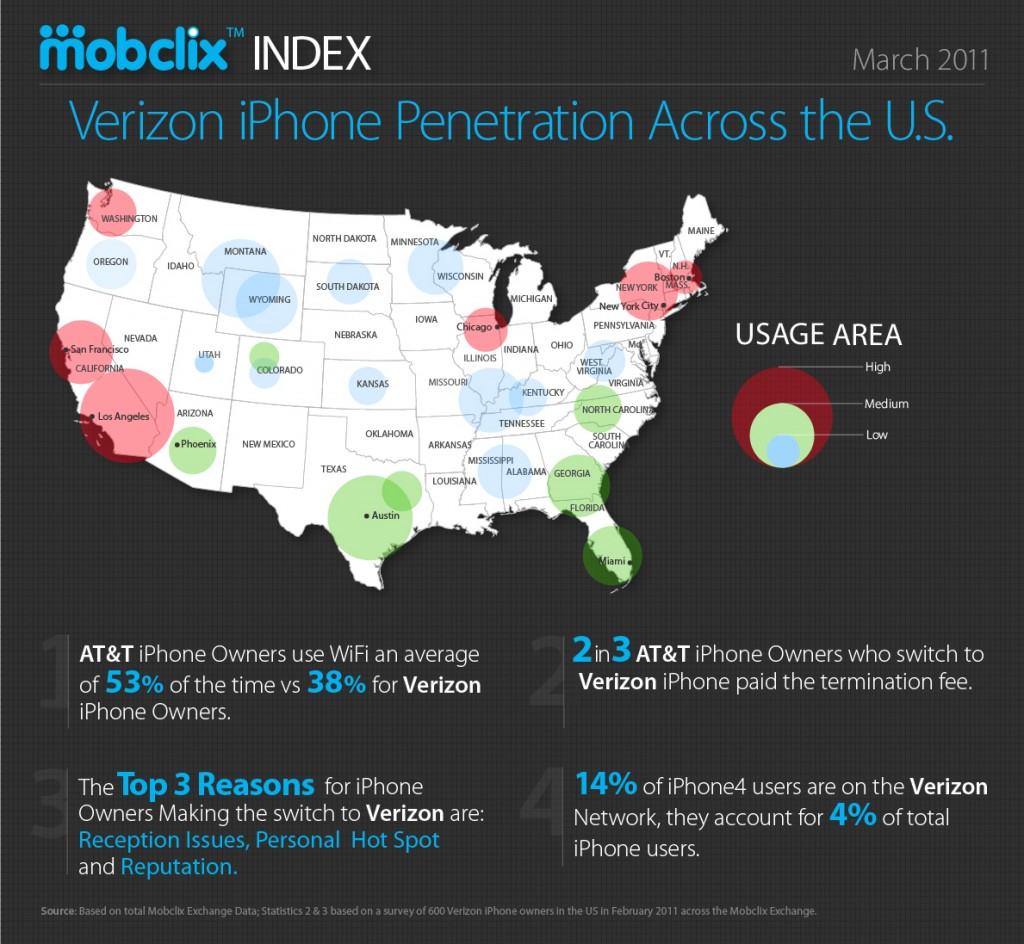 Soldiers starting basic training or preparing to deploy overseas have a lot on their minds. Worrying about their AT&T cell phone service isn’t supposed to be one of them.
Soldiers starting basic training or preparing to deploy overseas have a lot on their minds. Worrying about their AT&T cell phone service isn’t supposed to be one of them.
Stop the Cap! has been hearing from soldiers in several states who are sharing similar stories about AT&T insisting on hefty early termination fees when calling to suspend or cancel service because of military training or deployment abroad. Cell phones are prohibited during basic training, which lasts 10 weeks. So why pay for a service you cannot use for two and a half months?
The Chicago Tribune shared the story of Nathaniel Jungheim, of Chicago, who faced an intransigent AT&T when he called to put his account on hold during basic training.
“They informed me that they have recently changed how they handle military accounts and said I would have to pay $10 a month plus taxes to keep my account in suspension,” he said.
Jungheim said he complained and was told he would either have to pay the monthly fee or $275 to terminate his contract.
“I asked to speak to a supervisor but was told they would say the same thing,” Jungheim said.
Those “changes” are likely illegal under the Service Member Civil Relief Act, a federal law which protects America’s soldiers from predatory practices from bankers, property management companies, insurance companies, and yes, cell phone companies.
Text of S. 3023 [110th]: Veterans’ Benefits Improvement Act of 2008
Oct 10, 2008: Became Public Law No: 110-389
SEC. 805. TERMINATION OR SUSPENSION OF CONTRACTS FOR CELLULAR TELEPHONE SERVICE FOR CERTAIN SERVICEMEMBERS.
(a) In General- Title III of the Servicemembers Civil Relief Act (50 U.S.C. App. 531 et seq.) is amended by inserting after section 305 the following new section:
SEC. 305A. TERMINATION OR SUSPENSION OF CONTRACTS FOR CELLULAR TELEPHONE SERVICE.
(a) In General- A servicemember who receives orders to deploy outside of the continental United States for not less than 90 days or for a permanent change of duty station within the United States may request the termination or suspension of any contract for cellular telephone service entered into by the servicemember before the date of the commencement of such deployment or permanent change if the servicemember’s ability to satisfy the contract or to utilize the service will be materially affected by such deployment or permanent change. The request shall include a copy of the servicemember’s military orders.
(b) Relief- Upon receiving the request of a servicemember under subsection (a), the cellular telephone service contractor concerned shall–
(1) grant the requested relief without imposition of an early termination fee for termination of the contract or a reactivation fee for suspension of the contract; or
(2) in the case that such servicemember is deployed outside the continental United States as described in subsection (a), permit the servicemember to suspend the contract at no charge until the end of the deployment without requiring, whether as a condition of suspension or otherwise, that the contract be extended.
 AT&T doesn’t feel the law applies to them, however, judging from complaints we’ve been receiving from readers.
AT&T doesn’t feel the law applies to them, however, judging from complaints we’ve been receiving from readers.
Stop the Cap! came up on a private military forum open to service members, and ever since, we’ve heard some stunning complaints about AT&T and suspicions the phone company is hoping to rely on soldiers not fully understanding their rights. Remarkably, all of the complaints have been about AT&T. Verizon and Sprint reportedly treat the troops with considerably more respect.
“I was ordered to Europe last November and wanted to call and cancel my AT&T service and ran straight into a brick wall with those people,” shares Elizabeth. “They told me they don’t suspend accounts for anyone, only cancel them, and demanded $200 in early cancel fees to be paid immediately on my credit card or they would ruin my credit.”
Nathan, who is now serving in rural Alaska, shared a similar story. On his third call to AT&T, the representative offered him just one choice — a $10 a month suspended plan, if he agreed to extend his service contract when he got back.
“I was reading off of AT&T’s own website stating the company would cancel my service with no penalty, but the operator could have cared less,” Nathan writes. “If I didn’t like it, he would charge me $300 to immediately cancel my contract and that was that.”
Nathan got the distinct impression the representative was accusing him of ripping off AT&T for a new phone he wanted to “walk away” with free and clear.
JJ managed to get a supervisor to “do him a favor” and cancel his contract with no penalty, but only if he faxed over his military ID, birth certificate, driver’s license, orders of deployment, and a copy of a major credit card for “verification purposes.”
“I told them to forget it — I was not about to send some low paid AT&T call center guy every form of ID I had so I could discover my identity stolen when I got back,” JJ said.
“AT&T cares less about the troops who defend their right to exist in a free United States; they only care about money and that is disgusting and unpatriotic,” JJ shares.
Another customer, deployed overseas, was told to report to an AT&T store in the United States to discontinue service — there was no other way to cancel penalty-free.
As has been so often the case, when media attention shines a bright light on potentially illegal business practices or bad service, relief is soon in sight, for at least a few people.
The Problem Solver called Brooke Vane, a spokeswoman for AT&T, and described Jungheim’s situation.
Vane emailed Thursday to say AT&T adheres to the federal Service Member Civil Relief Act, which provides guidelines for how companies deal with those who are called to duty.
Vane instructed Jungheim to call AT&T’s customer care phone number again and go through the process of suspending service.
“Once he meets the requirements, including providing us with his orders, as required by law, we can process this request,” Vane said.
Thursday evening, Jungheim called AT&T and spoke to a representative.
“I faxed over my deployment orders … so I should be a go,” he said.
He will not be charged the $10 a month.

AT&T's website for servicemembers makes it easy to buy more of their products and services, but doesn't deliver much help to those who want to put their accounts on hold or leave. (Click image to visit site.)
Stop the Cap! recommends you arrange to cancel or suspend service as soon as you have a date in hand for basic training or deployment abroad. Then call AT&T at 1-800-331-0500 and notify them you need to fax your written request to discontinue service, penalty-free, and are including a copy of your military orders. By declaring your intent, you will present yourself as knowledgeable about your rights, and are less likely to encounter resistance from AT&T.
Do not fax or mail copies of any forms of personal identification. They are not required under the law and there is no reason to expose yourself to identity theft. We recommend you consider service cancellation over service suspension, because it lets you walk away from AT&T free and clear. You will lose your cell phone number, but when you return, you can sign up as a new customer and receive a new phone discount.
Always write down the name and extension of the person you spoke with along with the time and date of your call and keep it in a file until you are assured the request was processed properly.
If you encounter problems, insist that your call be escalated to a supervisor. If that fails, two of our readers reported they had near instant resolution to their ongoing problems with AT&T by calling their member of Congress or two Senators.
 A Cincinnati-area man found a DirecTV promotion from his local phone company promising a full package of television programming with a DVR box for just $30 a month. A month later, that “bargain” literally emptied his checking account of more than $400.
A Cincinnati-area man found a DirecTV promotion from his local phone company promising a full package of television programming with a DVR box for just $30 a month. A month later, that “bargain” literally emptied his checking account of more than $400. Gary Gideon of Westwood learned the hard way that phone company promotions promising attractive prices are often tempered with paragraphs of fine print which make savings elusive. In this case, the trouble began when Gideon thought he was receiving the standard DirecTV DVR that was included in the promotion. Instead, the company supplied him with an HD DVR that carries a hefty additional charge, turning his $29.99 price he was originally promised into $49.85 instead — nearly $20 extra a month.
Gary Gideon of Westwood learned the hard way that phone company promotions promising attractive prices are often tempered with paragraphs of fine print which make savings elusive. In this case, the trouble began when Gideon thought he was receiving the standard DirecTV DVR that was included in the promotion. Instead, the company supplied him with an HD DVR that carries a hefty additional charge, turning his $29.99 price he was originally promised into $49.85 instead — nearly $20 extra a month.

 Subscribe
Subscribe






